Articles
Knowledge Center
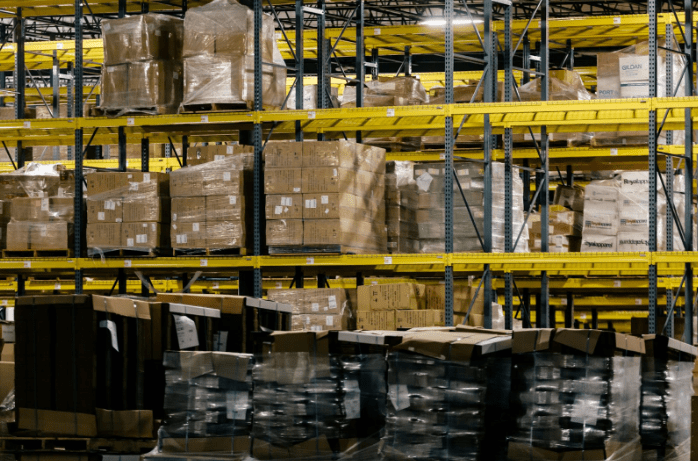
Intermodal vs. Transloading: Definitions and Process
Intermodal and transloading are two methods of shipping products. They are similar, but understanding the difference between intermodal vs. transloading can help you choose the shipping method that works best for you logistically and financially. The key differences between transloading vs. intermodal transportation are the methods of moving products. Intermodal is self-contained, while transloading physically […]
Read More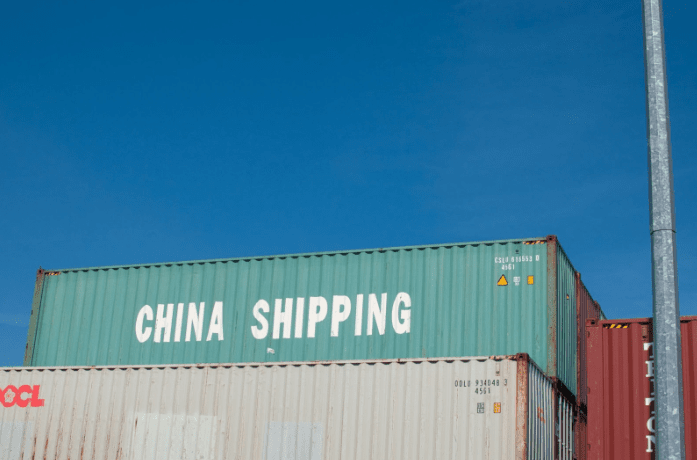
Devanning: Definition, Process, and Benefits
Devanning is a process of warehouse and logistics management that uses digital technology to systematically unload loose items and shipping containers from a vehicle’s load space. Container devanning involves loading and unloading cargo using a sealed container and heavy-duty equipment like counterbalance forklifts to manage the entire operation. When goods devan at the destination, companies […]
Read More
Customs Clearance: Meaning and Process
International trade can be complex and time-consuming, but it is crucial for businesses that import or export goods to understand one of the most critical steps in the process: customs clearance. Customs clearance is the procedure you must follow to legally import or export goods across international borders. The process can be daunting, but this […]
Read More
Capacity Planning: Meaning, Strategies, and Process
Capacity planning is an excellent way to increase corporate productivity. Capacity planning helps you identify potential areas for growth, which boosts investment returns, and maintains good employee morale. Planning your resource capacity is helpful when you manage several projects because it improves your chances of accomplishing them on schedule and within budget. Using capacity-based planning […]
Read More
Reverse Logistics: All You Need to Know About What It Is
If you’re a retailer or e-commerce seller, you need to know about reverse logistics, also known as reverse logistics flow. Reverse logistics is a supply chain management system used to manage the return of products that were originally sent out with an order. Here’s what reverse logistics is, why it is essential, pros and cons, […]
Read More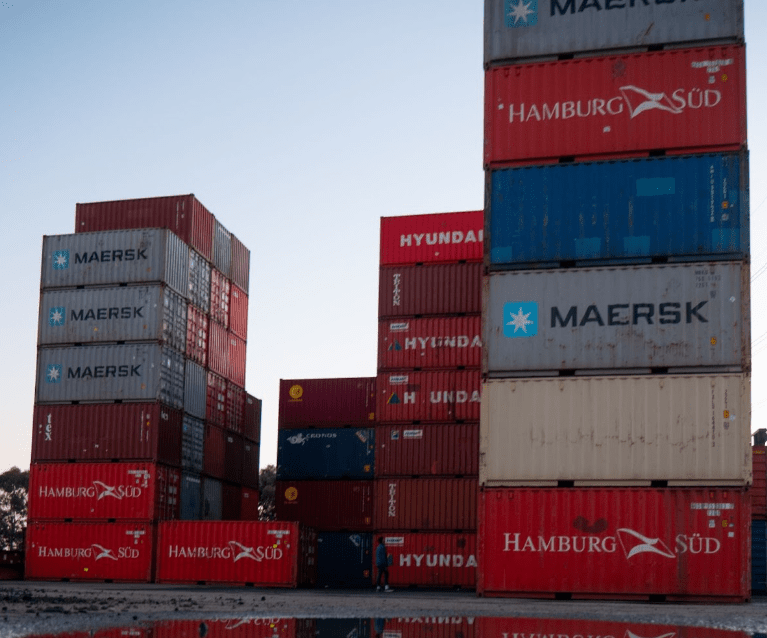
Intermodal vs. Multimodal: Definition and Advantages
Shippers save money and time by choosing multimodal and intermodal transportation. While both methods use many transportation modes, they differ in who is responsible for your shipment. Even though it might be easier to work with just one shipping company, it is often more cost-effective to leverage the knowledge and services of more than one. […]
Read More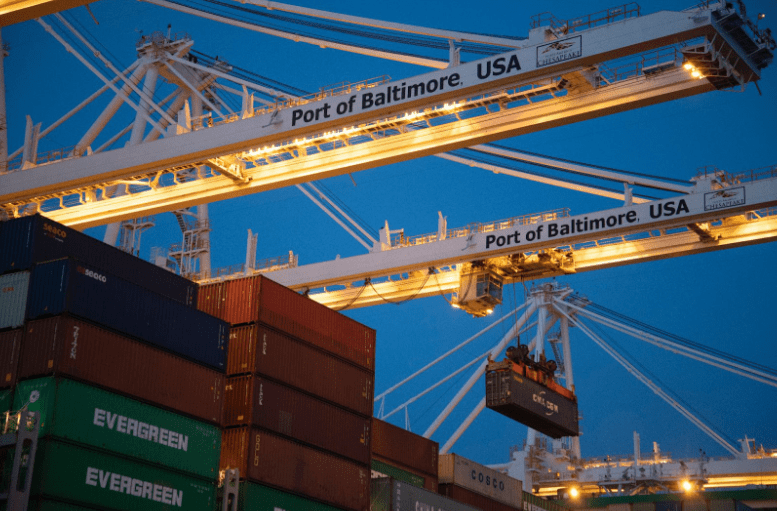
Freight Brokers Definition: What They Are and What They Do
If you are a shipper, you know how crucial it is to ensure that your precious cargo moves safely between cities and countries worldwide. There is nothing as stressful as watching your goods get stuck at customs because you don’t have the proper paperwork, or worse, never making it to their destination due to bad […]
Read More
Full Kitting: Process, Benefits, and Types
Kitting is a beneficial process that brings together individual components for assembly. It’s an essential step in the manufacturing process where every component is gathered for assembly, saving time and money. Kitting processes take place before the assembly line, gathering the components that are used to make the complete product. However, kitting can mean different […]
Read More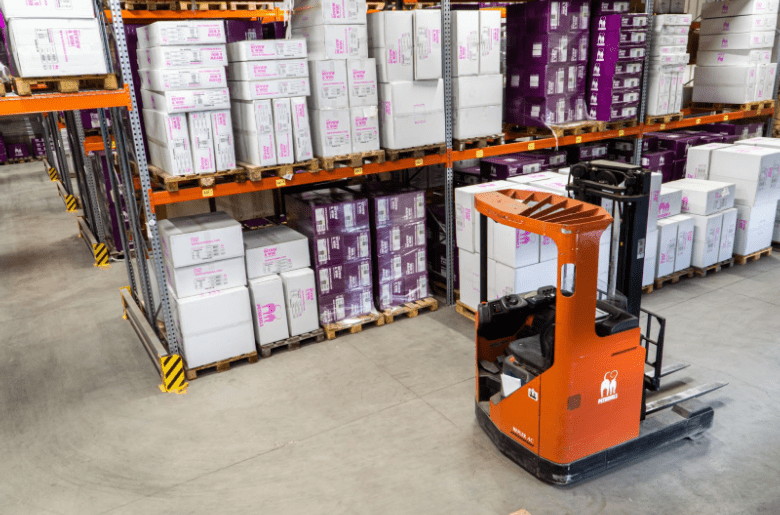
Consignment Inventory: Definition, Advantages, and Disadvantages
Talk to any retailer and they will tell you without a doubt that there is a certain amount of risk that results from purchasing traditional inventory. This is because when retailers stock their products, they usually hope that they will sell enough to get a profit before their stock expires. However, this will not always […]
Read More
What is a Certificate of Compliance? Meaning, Requirements, Examples
A certificate of compliance is a document that certifies that a product or system meets the requirements of a safety regulation or standard. It is typically used in shipping and logistics to ensure that products are safe for transport and meet the destination country’s requirements. Certificate of compliance examples in logistics include documents such as […]
Read More